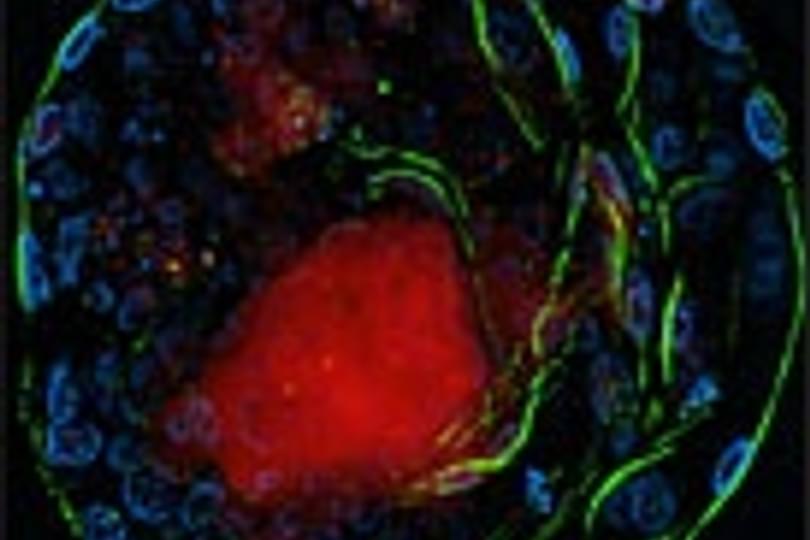
British researchers hope treatment will help repair heart attack damage or broken bones.
Guardian, 08/01/2009.
20 February 2009

British researchers hope treatment will help repair heart attack damage or broken bones.
Guardian, 08/01/2009.
If you found this page useful, sign up to our monthly digest of the latest news and events
Subscribe